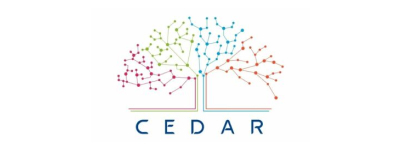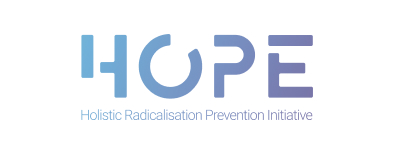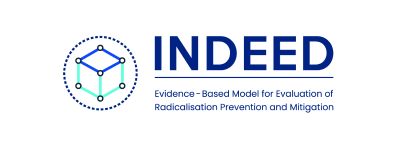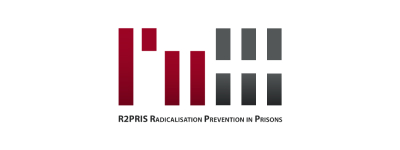
CEDAR
Continuing Education Against Radicalisation
Integrated Community, Probation and Prison Services Radicalisation Prevention Approach
Project design
IPS_Innovative Prison Systems
Timeframe
09/2017 – 12/2020 (40 months)
Get in touch
INTEGRA “Integrated community, probation and prison services radicalisation prevention approach” strives to improve the transition process between prison and/or probation systems and the community for those at risk of radicalisation or who have been radicalised. It attempts to achieve this outcome by promoting a holistic radicalisation prevention initiative, focusing on offenders’ skills development as well as on the capacity building of front line staff and organisations.
The project foresees the direct participation of 850 people, including practitioners from the countries involved in the partnership, academic researchers, mentors, and trainees.

Upscale existing practices and understand their role in a holistic prevention of radicalisation and disengagement /de-radicalisation.
Develop a skills-enhancement programme for frontline staff working with inmates throughout its transition back into society, including prison and probation staff, and community organisations working closely with the prison services.
Establish a local mentorship model to support both ex-radicals upon release and their families.
Ensure knowledge sharing and collaboration among the relevant authorities and organisations regarding people who are vulnerable to radicalisation or who have been radicalised, who are in prison, and on their release.
Describe and explain the social course of transition to radical action.
Provide concrete tools for action.
Increased awareness about radicalisation and extremism that lead to terrorism in detention environments (national and EU levels).
Improved understanding about detecting “red flags” of violent radicalisation and about the prevention and detection mechanisms currently in place in Europe through real-life case studies.
Better capacity to deal with detainees at risk of radicalisation or already radicalised by receiving training where they will gain new knowledge and tools useful for everyday challenges.
Increased awareness and capacity of community service providers to deal with ex-offenders deemed vulnerable to radicalisation and/or former radicals along their reintegration process.
Increased knowledge about the mentoring schemes as a tool for social support of ex-radicals or previously identified inmates vulnerable to radical messages upon release and their families.
Improved multi-agency cooperation and planning for release by providing prison and probation systems with the tools that allow them to analyze the existing networks, information gathering and communication processes between different agencies (prison – probation – police – intelligence services – community services).

Continuing Education Against Radicalisation

Developing a European framework for disengagement and reintegration of extremist offenders and radicalised individuals in prison

Holistic Radicalisation Prevention Initiative (Balkan countries)

Strengthening a comprehensive approach to preventing and counteracting radicalisation based on a universal evidence-based model for evaluation of radicalisation prevention and mitigation

Multi-Ideological Radicalisation Assessment towards Disengagement

Partnership against Radicalisation in Cities

Radicalisation and violent extremism prevention in the community

Radicalisation Prevention in Prisons

Radicalisation Prevention Competences’ Development Programme for Justice Professionals

Integrated Exit Programme for Prisons and Probation